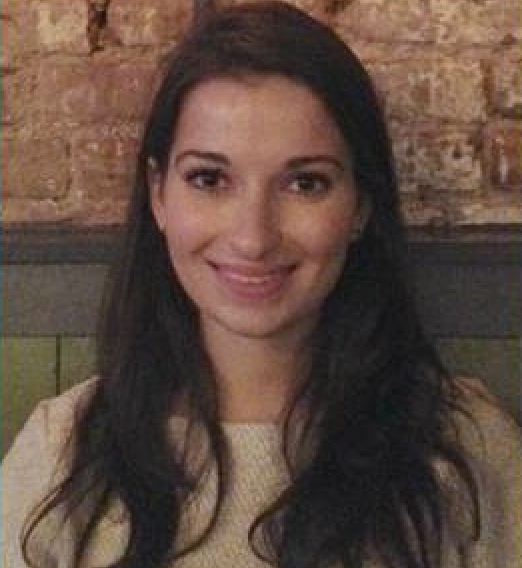Want more insights in your inbox?
Subscribe to our monthly newsletter.
Subscribe to our monthly newsletter.
Today is the International Day of Women and Girls in Science! Observed annually on February 11th, this day was declared by the UN in 2015 in an effort to “achieve full and equal access to and participation in science for women and girls, and further, achieve gender equality and the empowerment of women and girls.” To celebrate, Cadent reached out to women in our engineering departments, asking about their career journeys and what advice they would give to other women interested in pursuing a role in STEM-related fields.
Lauren Koslov, a Sr. Frontend Engineer on our IT Engineering team, has followed an unconventional professional journey. Beginning her career in business development after studying economics, Lauren later decided to switch careers and pursue her passion for coding. Since joining Cadent two and a half years ago, she’s continued to carve her own path as an engineer.

Read our Q&A with Lauren below to learn more about her experiences as a woman in engineering and where she goes to build on her technical knowledge.
The following conversation has been lightly edited and condensed.
Tell us about your role – can you describe your average workday?
As the Sr. Frontend Engineer on the Broadcast team, my day consists of several different tasks. Every day starts out with scrum (scrum is basically a meeting where you discuss what you worked on yesterday, what you will work on today, and if you have any blockers). After that, I spend time working on stories. Stories contain a feature that you code to spec based on acceptance criteria set by Product. I then have office hours to help other frontend engineers on the Broadcast team with anything they need. The rest of the day is pretty up in the air, ranging from meetings with Product and QA to planning and grooming. I also set aside at least one hour per week for online learning to continue to improve and keep up to date with the quickly ever-changing frontend.
Did you always have a clear vision for your career?
I have always wanted to be a software engineer, but for several reasons, I decided to go a different route in college. Post-college, and prior to being an engineer, I worked in sales, product, and business development. While I still wish I went straight into engineering, working in other departments allowed me to better understand the vision required in product and to be able to effectively communicate with others from sales.
Women are still greatly underrepresented in the STEM field. Has being a woman engineer posed any challenges?
Being a woman engineer has posed challenges and I know I am not alone with stories that I could share. However, my passion for engineering has never wavered. I continuously work to improve my knowledge and skillset, and I’ve learned it is important to find peers, mentors, and a company that share that mentality.
Are there any resources you have found valuable to building your career?
I attended a bootcamp (shout out to Flatiron School!) which gave me the skillset and knowledge to become an engineer. That bootcamp was the most valuable resource as I received my first contract role through their network. As a bootcamp grad, it can be difficult to apply for jobs because you lack a CS background. I highly recommend using sites like Codewars to prepare for technical interviews. To improve your knowledge in general, there are a ton of great courses on Udemy.
What advice do you have for women starting out in a STEM role?
My biggest piece of advice is to work hard and not give up – imposter syndrome is real. Never be afraid to ask questions, but ask them after you’ve done your research. With that, you’ll either solve your problem or collect enough information to accurately articulate what you know and what you are struggling to understand.
Learn more about life at Cadent and see available roles on our Careers page.
Subscribe to our monthly update to get at all the latest from Cadent.